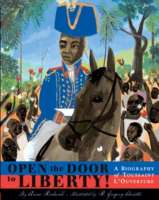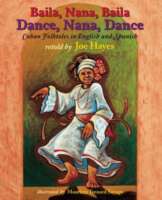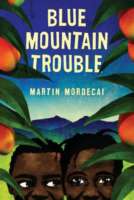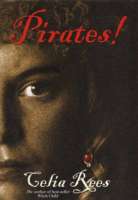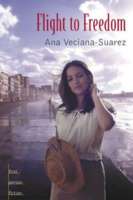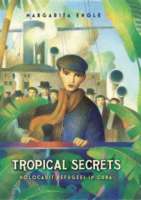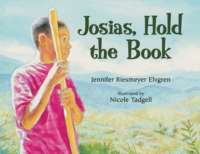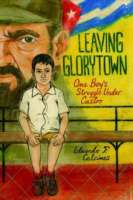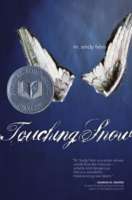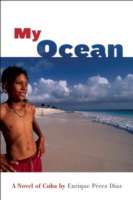
After his grandparents emigrate, 12-year-old Enrique heads for the ocean, a source of comfort and solace. Why did they flee Cuba, leaving Enrique and his mother behind? Should they go, too? If not, will they, like so many others, be seen as disloyal? The sea has no answers for the boy. As the years pass, Enrique is invited to become a Pioneer, a special honor that bodes well for his future, but it means he’s forbidden from reading the letters his grandparents send home. Enrique wants to belong, to show that he’s deserving of the honor, and once again, he seeks the ocean’s solace. Once again, the ocean has no easy answers. Still, life goes on. There are games with his friends, swimming expeditions, girls to hang out with. And always, there’s the ocean, a place he can go in good times and bad as he tries to make sense of what the future holds for him, his family, and many other Cubans.

